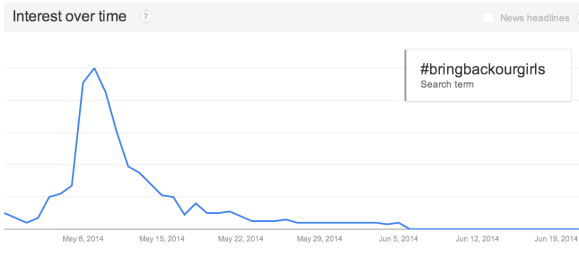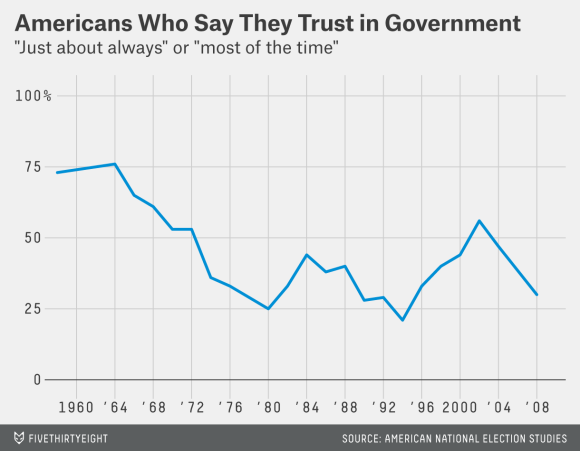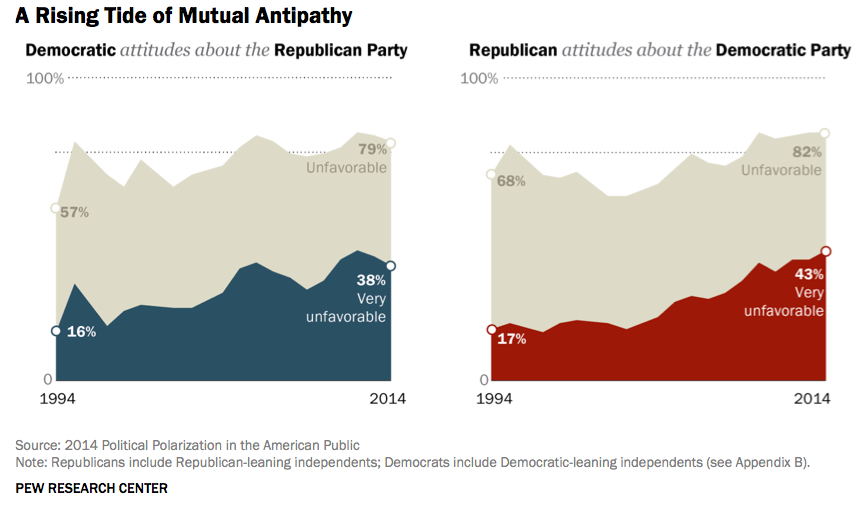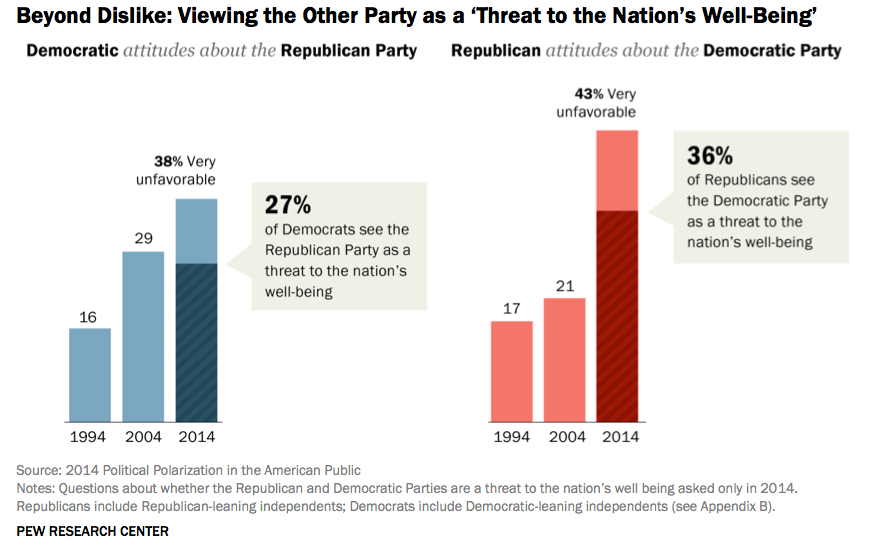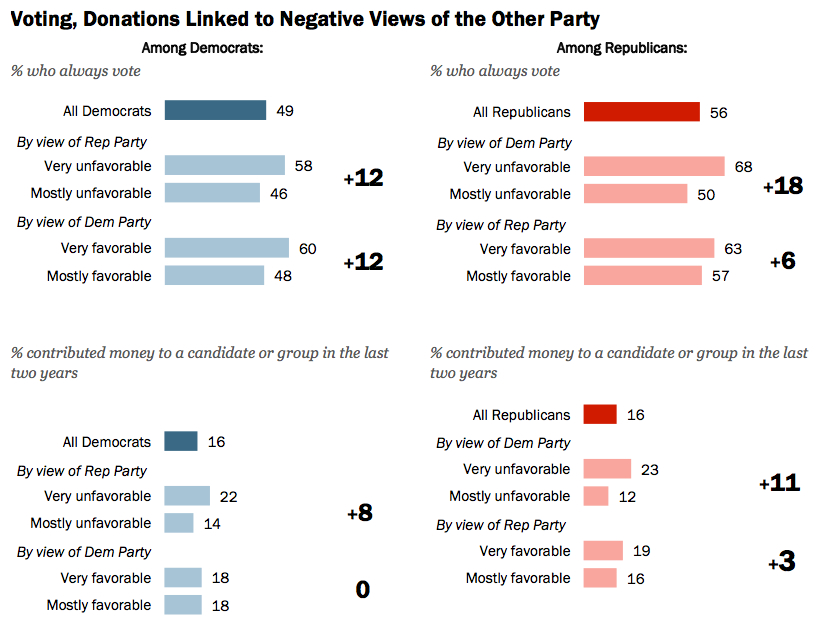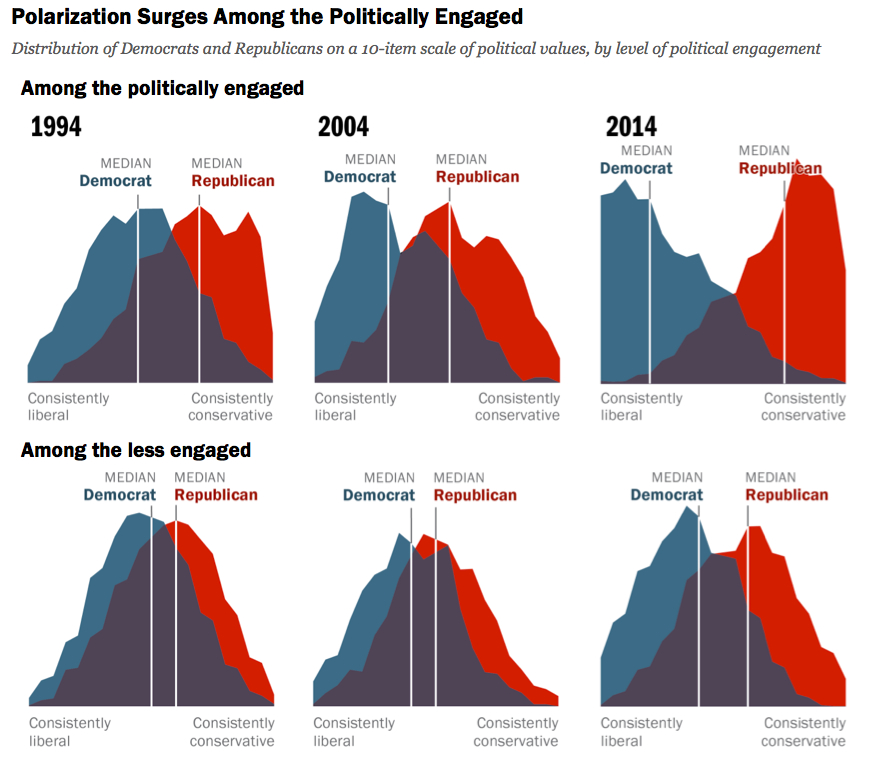This picks up a bit on the previous post since it concerns police behavior.
But in this case it focuses on the increased use of military weapons by local police forces. The weaponry has been made available by the military that has lots of it to sell.
- Click here for the article.
But in this case it focuses on the increased use of military weapons by local police forces. The weaponry has been made available by the military that has lots of it to sell.
- Click here for the article.
A few years ago, the police chief in Keene, New Hampshire (population: 23,000) announced plans to patrol the hamlet's "Pumpkin Festival and other dangerous situations" with a 19,000-pound armored vehicle called the BearCat (price tag: $285,933, courtesy of a federal Homeland Security grant).
The cops in nearby Nashua had already purchased one of the so-called "rescue vehicles" – typically reserved for Swat missions and, you know, IEDs – with hundreds of thousands in drug forfeiture money, but given that the town of Keene has had just three homicides in the last 11 years, some locals thought the gun ports, rotating hatch, battering ram and tear-gas deployment nozzle all might just be a little much.
"The police are already pretty brutal," said one resident. "The last thing they need is this big piece of military equipment to make them think they're soldiers."
What many other communities across America have learned since is that we're living in what the writer Radley Balko calls the age of the "warrior cop". And when warrior cops want a straight-outta-Baghdad toy, it's increasingly and unnecessarily simple for them to use a federally enabled slush-fund to wreak havoc – particularly against minorities, and even at a pumpkin festival. It's also pretty simple to start accounting for all the high-tech violence.
"Before another small town's police force gets a $700,000 gift from the Defense Department that it can't maintain or manage," Rep Hank Johnson of Georgia told me this week, "we need to press pause and revisit the merits of a militarized America."
